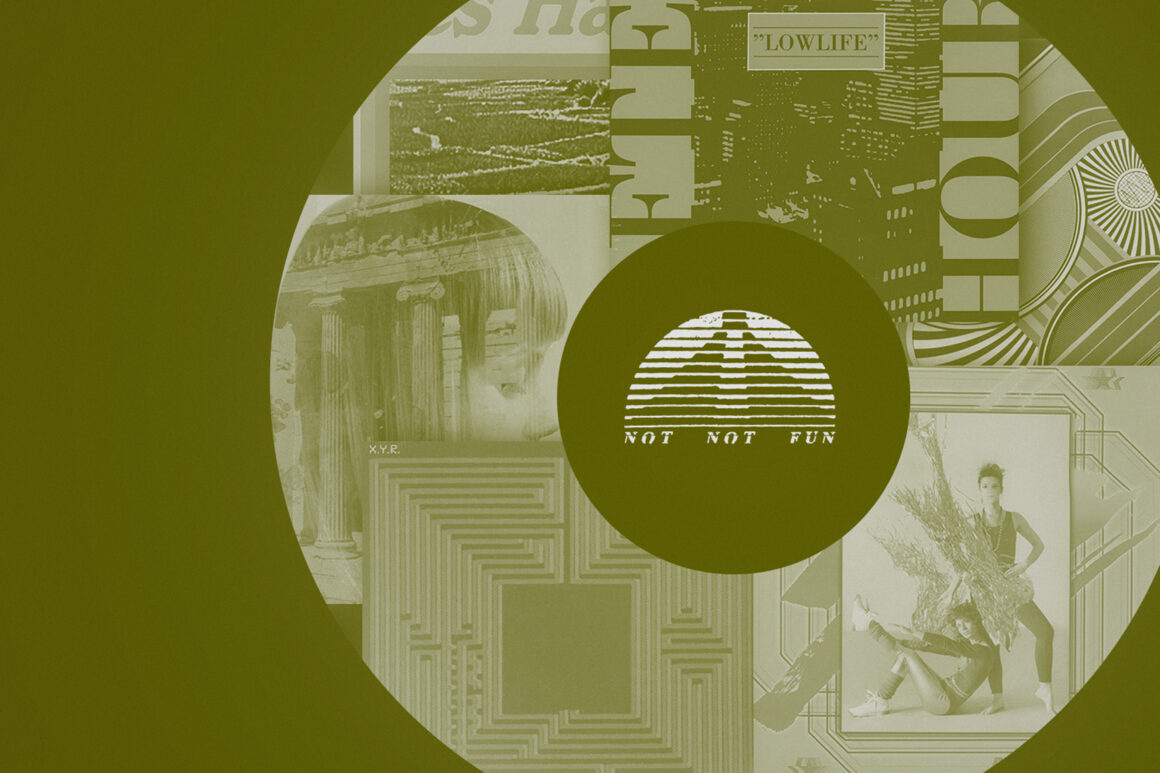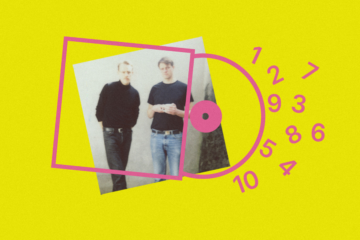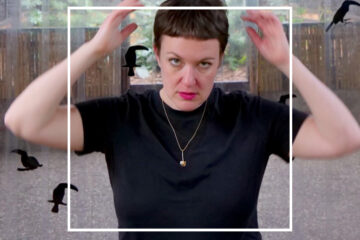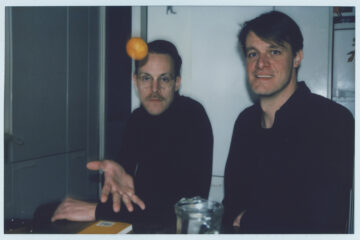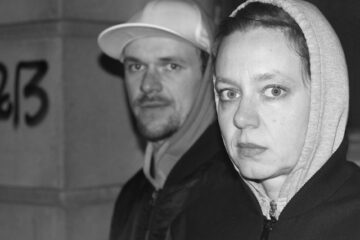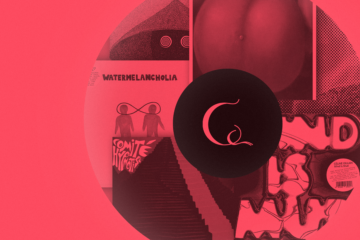Amanda Kramer and Britt Brown had just been dating when they had an impulse: let’s start a label! Both had long felt the urge to start a creative project in which they could develop their ideas freely. Amanda, who had already run a small cassette label during her studies in Boston, suggested that they set up something similar together. So the first steps for Not Not Fun began when Britt and Amanda recorded lo-fi songs on a 4-track recorder. Their aim was for the music and packaging to be deliberately handmade, cross-genre and imperfect – a creative alternative to the sterile, industrially packaged CDs that dominated the market at the time.
Although the two are still friends, Britt now runs the label alone. For him, Not Not Fun is about much more than genres. He describes the essence of the label as a ‘sensibility’. He explains that it is not about a stylistic narrowing down, but about a common feeling that connects all Not Not Fun releases. This sensibility lies in the openness towards music that defies conventional categorisation. In the early 2000s, the DIY scene in Los Angeles was a wild melting pot: noise rock, bedroom indie, drone and synth punk coexisted and mixed in unconventional ways. Not Not Fun embraced this spirit, promoting artists who dared to blur boundaries and explore new sounds. These included Maria Minerva, Purple Pilgrims and Mai Mai Mai, among others.
»Making music is one of the greatest joys on this planet. Every subsequent aspect of the music business stems from it. I believe that anyone who is fascinated by sound should play in a band for a few years, regardless of their ability. Intuition and creativity are just as important as skill.«
Brit Brown
Britt’s own musical projects, such as LA Vampires, Pocahaunted and Robedoor, have strongly influenced his view of working as a label manager.For him, music is far more than just melody or craftsmanship, it is also a psychological and social anchor.This conviction also characterises the philosophy of Not Not Fun, because community, social contacts and friendships play a central role in the label’s work.For Britt, the feeling of genuine connection with the artists is essential.
Dented for eternity
When asked if Britt has any personal rituals or habits that help him develop new concepts, he says that his inspiration usually comes from the most unexpected sources. For example, from hidden second-hand cassette and record shops. »Picking a dented, forgotten cassette out of a box and looking at it – the label no longer exists, the songs are unknown, the artist is just a name – but the music on those reels is still there, ready to be put into the deck and played.«
For him, it is a true miracle that music still seems so alive and authentic a long time later: »Whether it is transporting, disturbing, ambiguous or beautiful – what you find in it in the distant future is fascinating. No one will remember whether the music was once cool, ignored, criticised or revered.It’s all about the sounds themselves, enclosed in the object, and experiencing them anew.«
The idea that music can outlast everything motivates him to continue to explore new creative paths.After 20 years of label work, Britt has one main goal with Not Not Fun Records: to maintain his own connection to music and its sensibility.For him, releasing music is an act of escapism, a process in which he blocks out everything negative in order to concentrate on the essentials: the essence of the recordings. With a sensitivity for the imperfect, the uncouth and the handmade, Not Not Fun has created a platform where outsiders and pioneers alike find a place. The releases are an expression of a creative freedom that breathes beyond the mainstream – this is exactly what makes the label so unique after two decades and hopefully for the next 20 years.

